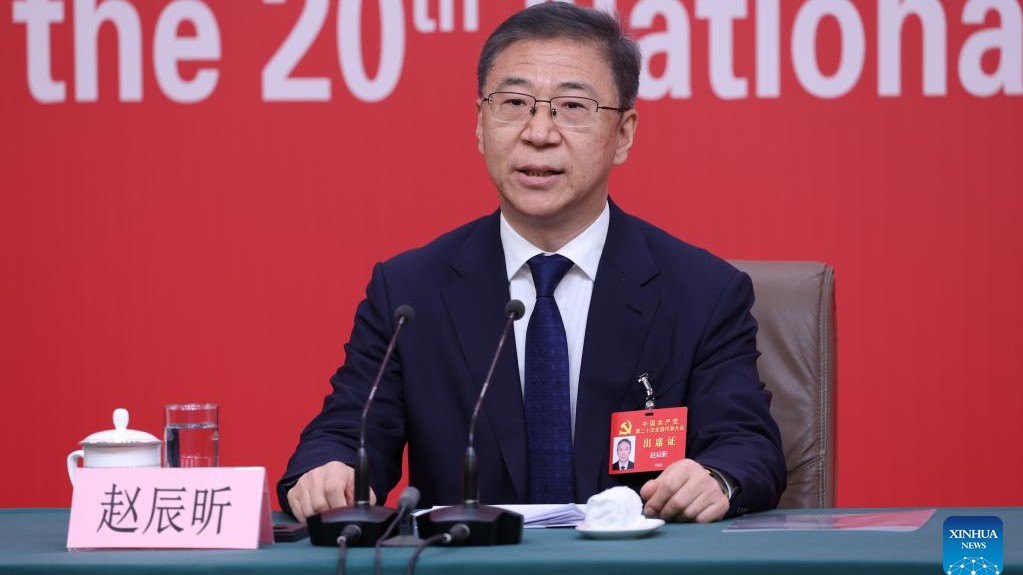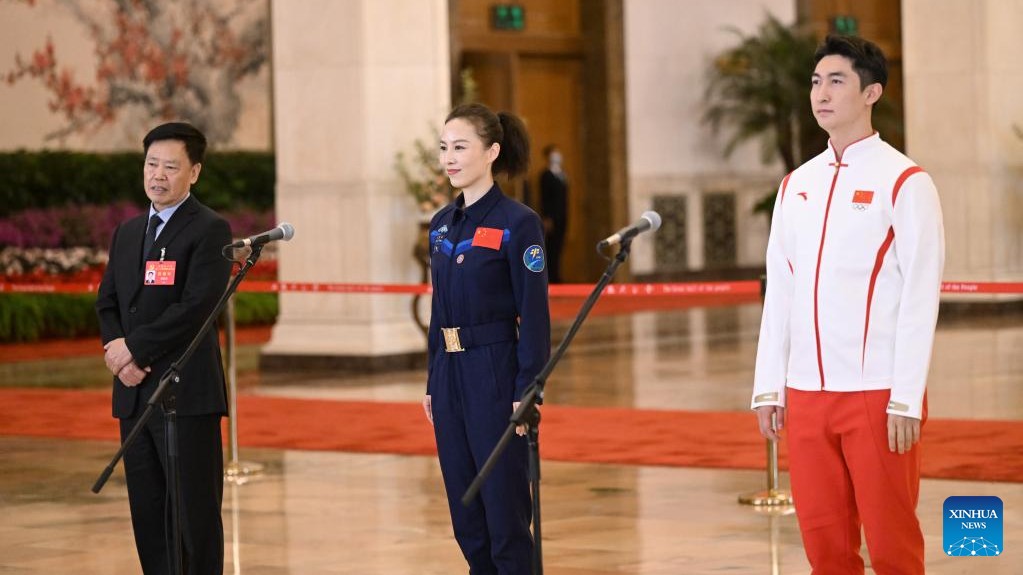The State Council Information Office of the People's Republic of China published a white paper titled "Human Rights in Xinjiang-Development and Progress" on Thursday. Following is the full text of the white paper:
Contents
Foreword
I. Political Rights
II. Civil Rights
III. Economic Rights
IV. Social Rights
V. Cultural Rights
VI. Environmental Rights
VII. Right to Freedom of Religious Belief
VIII. Rights of Women, Children, the Elderly and Disabled
Foreword
Realization of full human rights is an ideal, one that humankind has pursued for as long as we can remember. It is also a goal that the Chinese people, including people of the various ethnic groups in Xinjiang, have worked hard to reach.
Before the founding of the People's Republic of China (PRC) in 1949, the ethnic groups of Xinjiang suffered oppression from invading foreign forces, the feudal exploiting class and the privileged religious hierarchy. At the bottom of the social ladder, they were deprived of basic human rights. The founding of the PRC and the socialist system prepared a fundamental political prerequisite and laid the institutional basis for the people of Xinjiang's ethnic groups to enjoy such rights. In 1955, the system of regional ethnic autonomy was implemented in Xinjiang, offering further guarantee to the Xinjiang people in exercising their right as masters of the country. Since 1978, when China launched its epoch-making reform and opening-up drive, a new historical phase has been ushered in the economic and social development of Xinjiang, and people of the various ethnic groups in Xinjiang have seen great progress in the protection of their human rights.
The central government has over the years set great store by Xinjiang. It has taken effective measures to develop the economy, improve people's living standards, enhance the well-being of the public, promote ethnic unity and progress, and safeguard the basic rights of all ethnic groups. In particular, since the 18th National Congress of the Communist Party of China (CPC) was held in 2012, the CPC Central Committee with Comrade Xi Jinping at the core has worked hard to promote economic, political, cultural, social and ecological progress across the country. This means following the people-oriented principle, and forging new ideas of innovative, coordinated, green, and open development shared by all. Committed to the progress of Xinjiang and its people, the CPC Central Committee has pooled the strength of the nation to develop the region. In recent years, it has, proceeding from the overall development of the causes of the Party and state, constantly enriched and developed its core strategies for the development and governance of Xinjiang by making maintaining the social order and lasting political stability the overall objective of work in relation to Xinjiang. It calls for governing Xinjiang in accordance with law, maintaining stability in Xinjiang through ethnic solidarity, and being committed to the development of Xinjiang for a long time to come; keeping to the goal of all ethnic groups working together for common prosperity and development; making energetic efforts to press forward with the development of various undertakings in Xinjiang and focusing on the protection and improvement of the people's living standards; and taking all necessary steps to ensure the people of various ethnic groups the equal right to participation and in development, and equal access to the fruits of development.
I. Political Rights
Xinjiang has been home to numerous ethnic groups since remote antiquity, and there are now 56 ethnic groups residing on this vast piece of land. Irrespective of their size of population, degree of development, and religious faith, the people of all Xinjiang's ethnic groups enjoy the same status and the same rights, and must fulfill the same obligations in accordance with the law. Their political rights as citizens are fully protected.
The system of regional ethnic autonomy is in place. Based on the principle of safeguarding national unity, the system of regional ethnic autonomy provides a strong institutional guarantee for the ethnic groups of Xinjiang to exercise their right of autonomy, administer their own local affairs, and participate as equals in administering State affairs. According to China's Constitution and relevant State laws, the legislature of the autonomous region, while enjoying the legislative power entitled to provincial-level administrative divisions as prescribed by law, has the power to enact regulations on the exercise of regional autonomy and other particular regulations in line with the local political, economic and cultural conditions. By the end of 2016, the autonomous regional people's congress and its standing committee had formulated in total 372 local regulations (including 153 already in effect), passed 52 regulatory resolutions and decisions, and approved 113 separate regulations and other regulations submitted by the various cities, autonomous prefectures or autonomous counties.
The right to vote and right to be elected are fully protected. In Xinjiang, as elsewhere in China, citizens aged 18 or above enjoy the right to vote and the right to be elected in accordance with the law. As the Constitution and relevant state laws prescribe, people of all ethnic groups in the autonomous region directly elect deputies to the people's congresses at county (city or urban district) and township (town) levels, and these deputies then elect deputies to the prefecture (prefecture-level city) people's congress, the people's congress of the autonomous region, and the National People's Congress (NPC). The 12th NPC has a total of 60 deputies from Xinjiang, of whom 38 (63 percent) are from ethnic minority groups. The 12th People's Congress of Xinjiang Uygur Autonomous Region is formed by 550 deputies, of whom 363 (66 percent) are of ethnic minority origins.
Steady progress has been observed in consultative democracy. Within the institutional framework of consultative democracy, the CPPCC (Chinese People's Political Consultative Conference) organizations at all levels in the autonomous region have actively innovated the forms, enriched the content and developed platforms of consultation to encourage more extensive participation and administration of state affairs by people from all ethnic groups and all walks of life, thus bringing into place initially a wide-ranging and multi-tiered regular framework of consultative democracy. Members of CPPCC organizations at all levels have conducted in-depth research and drafted bills that actively reflect social conditions and public opinion; they constantly pursue initiatives to facilitate democratic scrutiny. Among members of the 12th CPPCC National Committee, 31 come from Xinjiang, of whom 18 (58 percent) are members of ethnic minorities. The 11th CPPCC of Xinjiang Uygur Autonomous Region has 479 members, of whom 228 (48 percent) are members of ethnic minorities. As of March 2017, the 11th CPPCC of Xinjiang had submitted a total of 4,920 proposals covering politics, the economy, culture, education, science and technology and other fields.
The right of ethnic minority groups to participate in public affairs is guaranteed. Xinjiang is the only autonomous region in China with all three levels of autonomous divisions (i.e., autonomous region, autonomous prefecture and autonomous county). It now has under its jurisdiction five autonomous prefectures and six autonomous counties. People's congresses and people's governments of these autonomous administrative divisions at different levels exercise the autonomous power to administer their local affairs. Chairperson of the autonomous region, governors of autonomous prefectures, and heads of autonomous counties are all citizens from the ethnic groups exercising regional autonomy of the said areas. In 1950, there were only about 3,000 ethnic minority officials in Xinjiang. By 1955, this figure had increased to 46,000. In 2016, the number of ethnic minority officials in the region's civil service reached 91,076, accounting for 40 percent of the region's total. Of them, women officials of ethnic minority origins accounted for more than 66 percent of the total of female officials in Xinjiang. Community-level democratic rights are guaranteed and respected. The Measures of Xinjiang Uygur Autonomous Region for Implementing the Organic Law of the Villagers' Committees of the People's Republic of China, the Procedures of Xinjiang Uygur Autonomous Region on the Election of the Villagers' Committee, and the Implementation Measures of Xinjiang Uygur Autonomous Region on Making Village Affairs Transparent have been revised and implemented. The Opinions on Regulating and Strengthening Community Work, and the Implementation Opinions on Building Stronger Service Capabilities for Town and Township Governments have been formulated. Steady improvement has been seen in the community-level legal framework. The system of community-level self-governance is being strengthened, while systems of democratic election, democratic management, democratic supervision, and publicity of affairs have kept improving. Well-defined systems, standards and procedures are being followed in community-level democratic consultation.


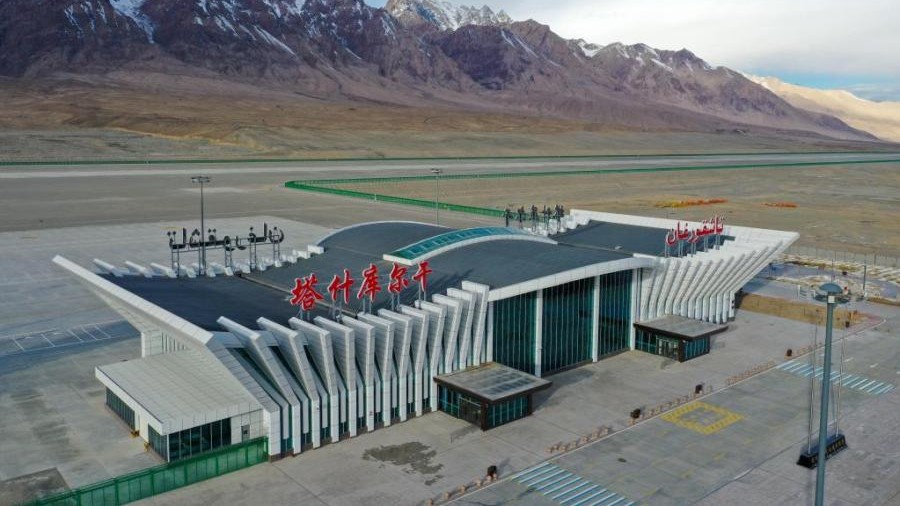


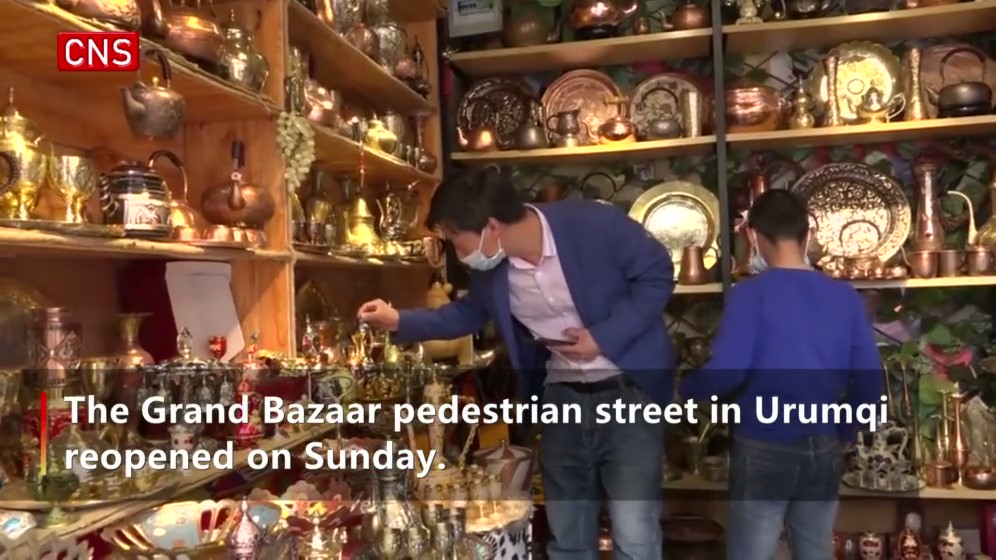

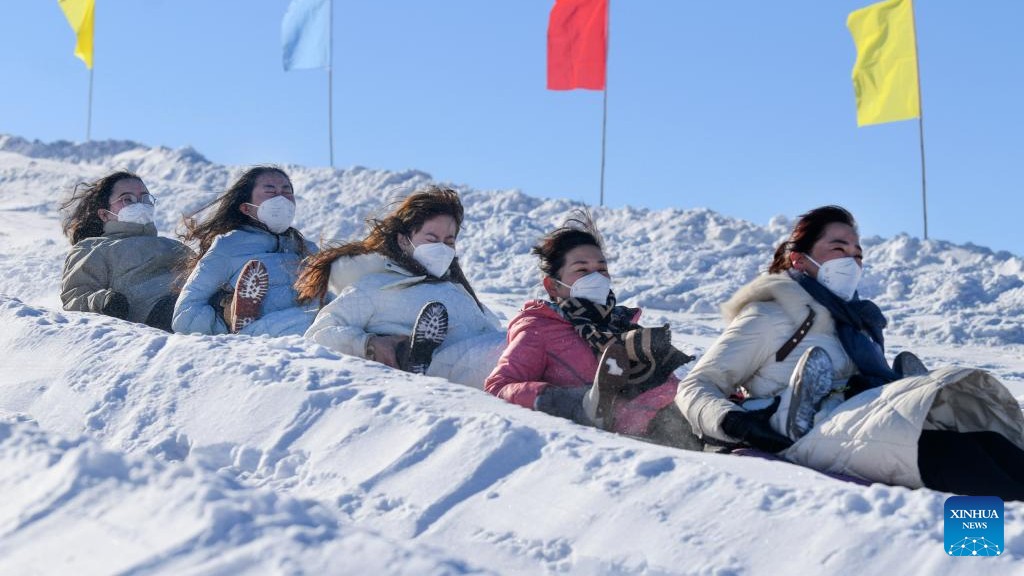


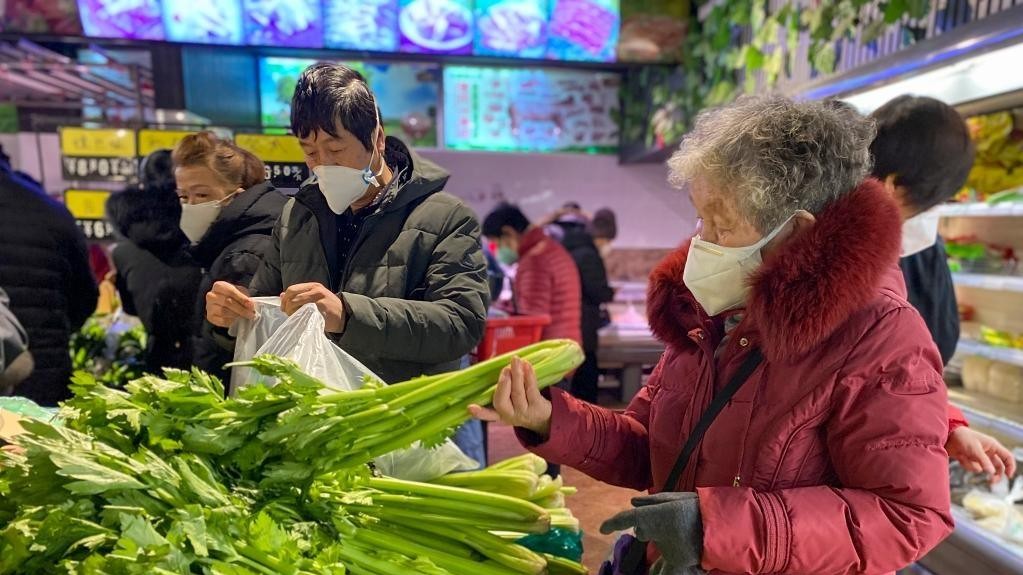

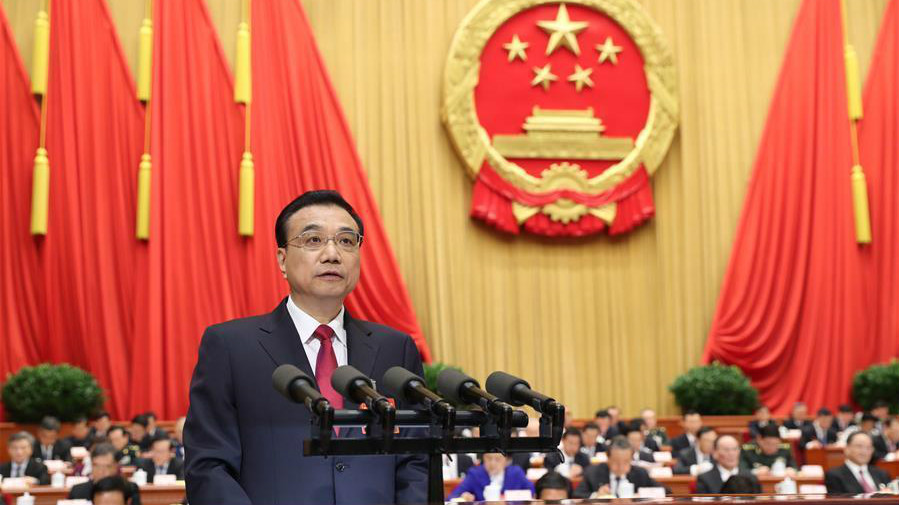

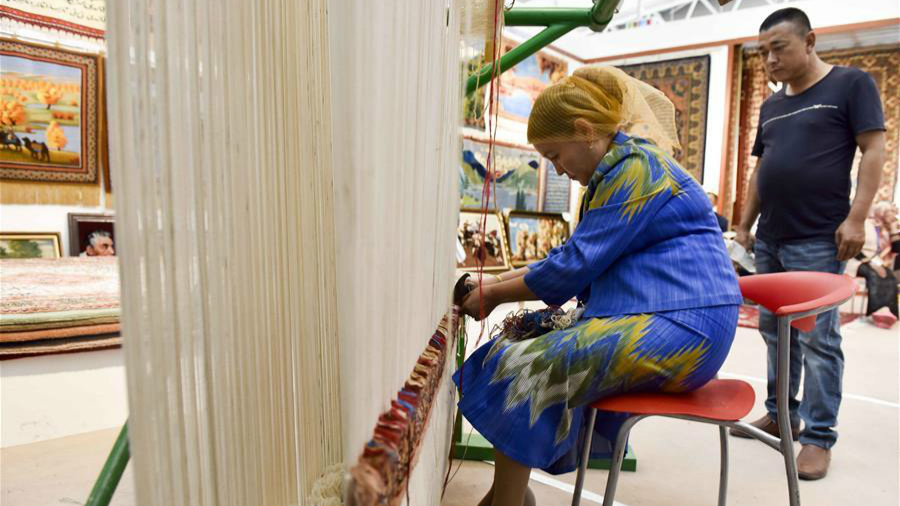
.jpg)

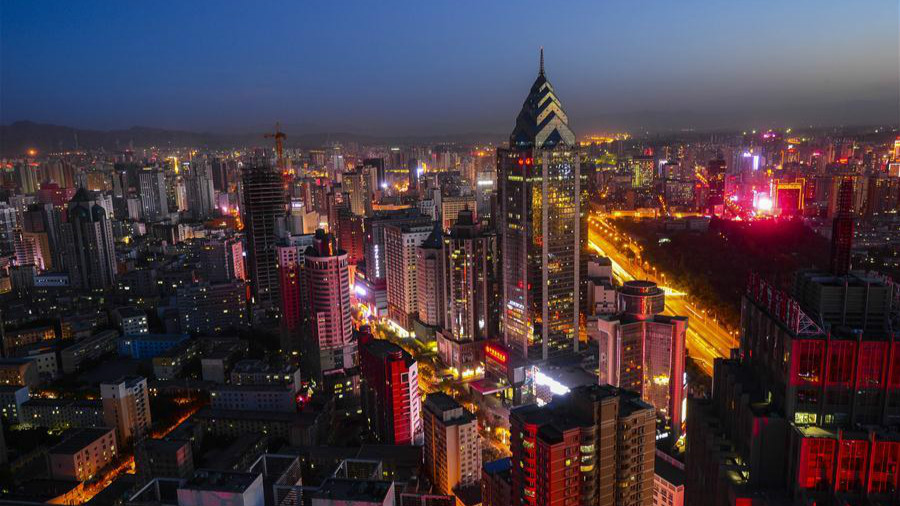
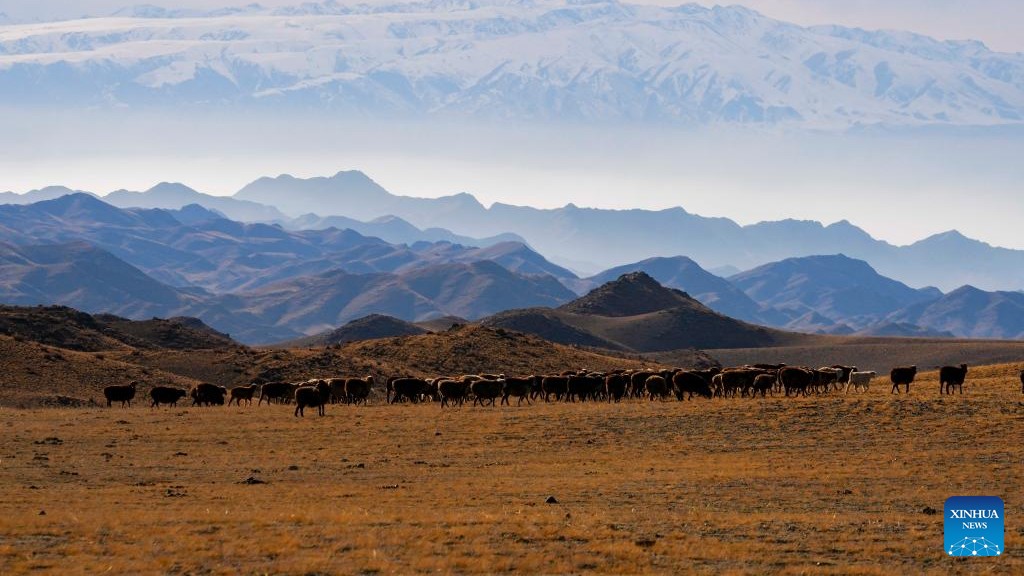

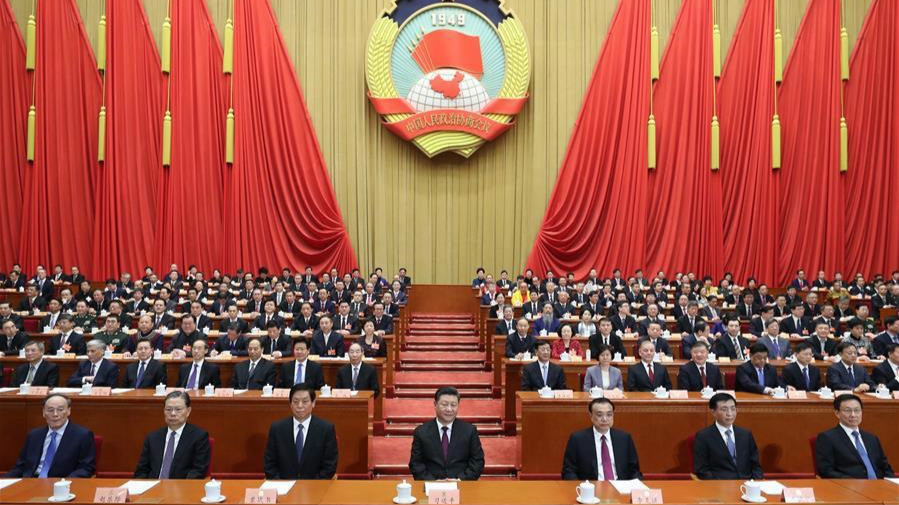
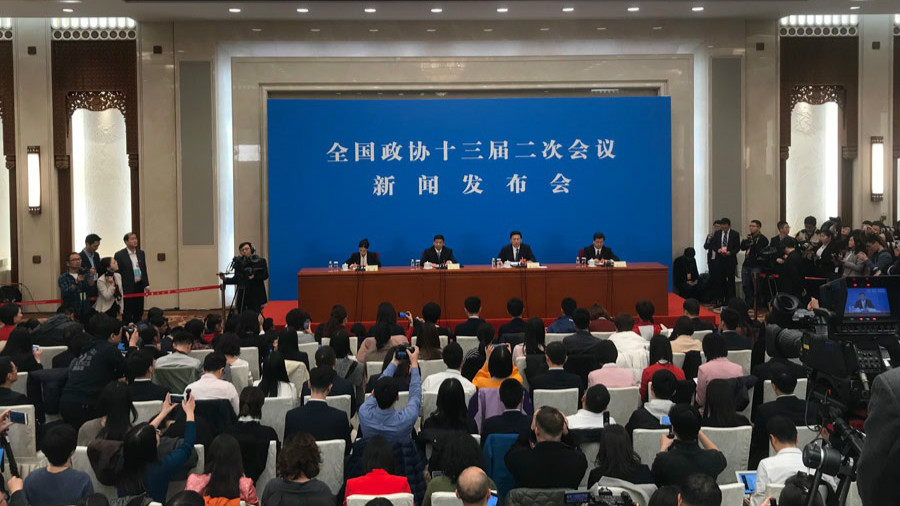
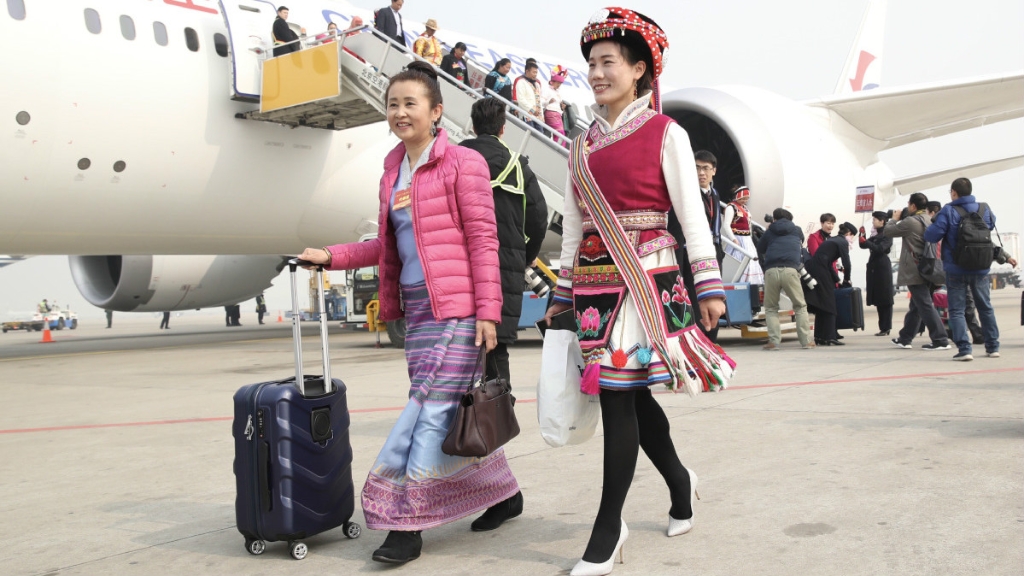

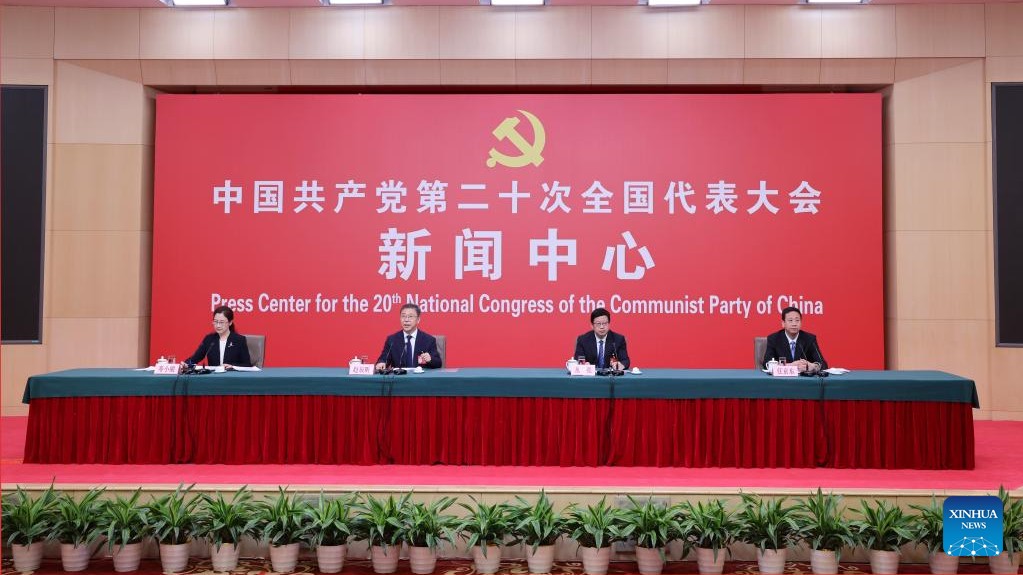
.jpg)
